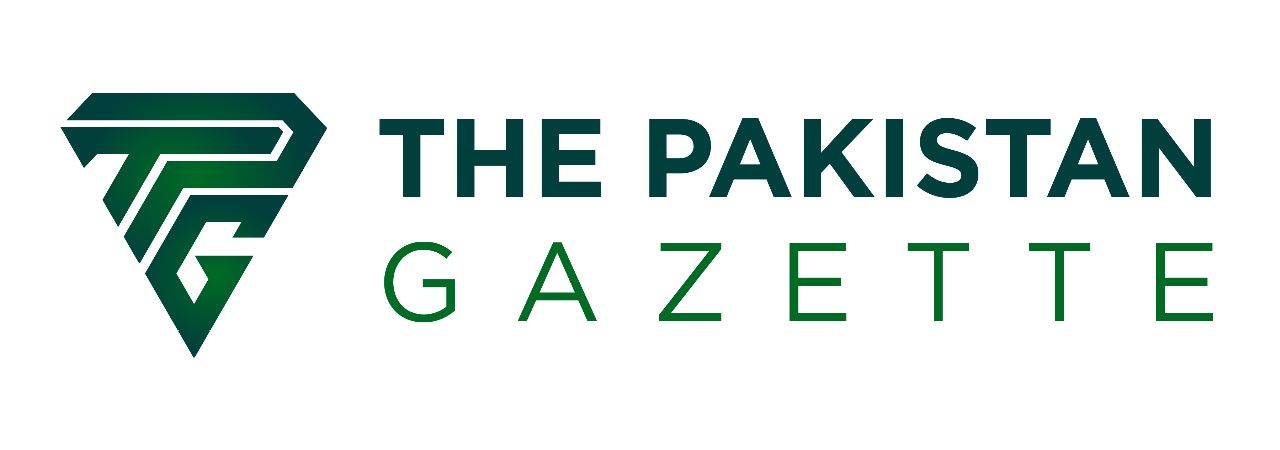
Role of Bureaucracy in Government Making of Pakistan

Introduction
Every government depends on its bureaucracy, which acts as a “black box” where public demands and support are translated into actions and policies. This article focuses on the bureaucracy’s role in Pakistani government formation and the nature of bureaucratic rule in that country. In this article, we will analyze bureaucracy, its functions, reforms, and effects, its role in politics and its relationship to democracy. We will also discuss administrative issues and bureaucratic policy and will conclude the article by summarizing the article’s key findings.
Functions of Bureaucracy
Bureaucracy is an essential part of any government. The function of bureaucracy extends to governance as well as the execution of decisions and policies. The creation of formal and informal rules that govern public life is called governance. It is a behavioural tendency in several political systems. Economic, political, and administrative levels all exhibit governance.
Ministers decide on policies, which public officials put into practice as administrative measures. In terms of a nation’s governance, bureaucrats and politicians are intertwined and reliant on one another. The elected political leadership is in charge of and oversees the operation of the bureaucracy. Bureaucrats receive professional training to serve the public after being hired based on merit. Any state’s day-to-day management operations are controlled by bureaucrats. Since they work for the government, the change in the political scenario has no impact on their jobs. They must carry out their obligations impartially, honestly, devotedly, and faithfully. No government would function well without bureaucracies, and no state could exist without them.

Role of Bureaucracy
Governments play a significant role in our social life, and they frequently have an impact on people’s lives. Governments are made up of numerous departments, institutions, and agencies that work together to maintain the smooth operation of society. Government is not single but is composed of several departments mainly referred as ministries. In each ministry, there are elected members and bureaucrats who work side by side for smooth running. Policy-making is a very important task in any government, in a democratic system policy is framed by elected members and implemented by bureaucrats. Bureaucracy executes the public policy devised by the political institutions.
- Bureaucracy provides technical advice to political institutions.
- Bureaucracy is apolitical.
- Bureaucracy is citizen-centric.
- The task of bureaucracy is nation-building and economic survival.
Bureaucratic elites are powerful enough to influence the government and sovereignty of the parliament. There are various factors that give strength to bureaucrats over elected members such as colonial legacy, technical know-how, a sense of superiority, the concentration of power, and a centralized structure.
Bureaucracy is powerful because of its colonial legacy. British made a strong hierarchal structure of bureaucracy with absolute powers to curtail the possible threats to British Empire in India. Pakistan after independence continued with the same colonial trends, this has turned civil and military bureaucracies over-developed in comparison to the representative institutions in Pakistan.
Bureaucrats are more powerful because:
- A sense of superiority among civil servants.
- The ‘ignorance’ of politicians regarding the technicalities of governance.
- Civil servants have a strong network in Pakistan and can be found in different departments. Like you will find PAS officers as registrars in court as section officers or secretaries in the secretariat and also in departments of labour and agriculture.
- Bureaucrats have more knowledge, expertise, and skills.
However, we cannot place full responsibility on bureaucrats. There are politicians who constantly manipulate bureaucracy for their own cause. This manipulation gives a passage to officers to play a role in government making.
- Ayub khan appointed a pay and service commission to examine the structure and organization of civil services. This era gave the bureaucrats wide discretionary powers in policymaking as we see the bureaucrats’ role in the 1962 constitution. In Planning Commission key posts were held by bureaucrats in President’s secretariat.
- Bhutto integrated Civil services into a single unit. Mobility was made possible among different cadres. Nationalization provided new opportunities for civil services to increase their circle of influence. Bhutto operated bureaucracy for his own influence.
- During PML (N) government in 2013 provincial officers were pulled out of Punjab to run the affairs of the federation.
There is a binary relation between the bureaucratic elite and politicians in Pakistan. Bureaucrats work with politicians for their personal interests while politicians use bureaucrats for their own political purposes, especially during elections.
Patronage is a defining characteristic of Pakistani politics. There are big patrons who provide services to the general public on reciprocal terms and conditions. The powerful political figures in the area frequently control the populace through the patronage of the civilian bureaucracy.
Conclusively, the role of bureaucracy is very important it works like a web. If we go to the judiciary the registrar is the DMG officer when there is an issue with land allotment, we will find bureaucrats in the municipal corporation, if there is an issue of tax or the rights of the labourers there will be labour inspectors, the labour department, same goes for the agriculture and for all the sectors where they are engaged. Politics of patronage and utilization of state resources for political purposes make bureaucrat—politician nexus in district administration which is a salient characteristic of Pakistani politics. Bureaucratic elite alliances with politicians and influential political leaders work for the big patrons and in response, they achieve their interests.
Reforms and Impacts:
Several governments attempted to make bureaucracy efficient and accountable but all were victims of bureaucratic resistance, a senior bureaucrat, Maroof Gul, stated. Bureaucrats in Pakistan are adhered to the classical webinar model and resist any changes in it. Muhammad Alam stated that there is no room for new public management due to the bureaucratic elite stubbornness. Reforms failed because of a lack of cooperation on the side of civil servants.

Bureaucracy and Democracy:
Bureaucrats pose a constant challenge to the parliamentary democracy in Pakistan because a strong parliamentary setup threatens the power and prestige of civil servants. A parliamentary setup is based on accountability, a minister is answerable to the parliament and if something goes wrong, he must resign from his position. This is the foundation of the parliamentary form of government. A minister must maintain tight control over the entire ministry, where the majority of the staff are civil servants, in order to get out of this scenario. As a result, a genuine parliamentary system of government assures polity accountability. Therefore, the constitution requires the bureaucratic elite to report to ministers, do not want Pakistan’s parliamentary democracy to grow.
Conclusion:
Bureaucracy is a part of government that implements the policies made by politicians. Bureaucrats and politicians are interconnected and dependent upon each other as far as the governance of a country is concerned. Bureaucracy works under the command and supervision of elected political leadership. In Pakistan we inherited the British civil service system, Bureaucrats have huge power in policy-making it is said that they have web-like structures and have a very important role in every department.
References:
Kalia, S. (2013). Bureaucratic Policy Making in Pakistan. The Dialogue. VIII (2). 157-170
Khan,U., Rehman,A., Ahmad,I. (2013). CIVIL BUREAUCRACY AND DEMOCRACY IN
PAKISTAN: DO THEY MUTUALLY CO–EXIST? PJAEE, 18 (4). 677-687
Shaikh, A.I. (2017) THE ROLE OF BUREAUCRACY IN THE POLITICS OF PAKISTAN (1947-1969): A HISTORICAL ANALYSIS. Unpublished Manuscript. International Islamic University Malaysia
Shahzad, K.A. (2013). Crisis of Governance in the Bureaucracy of Pakistan: A Study of Administrative Ramifications With Apposite Policy Recommendations. A Journal of Governance and Public Policy, 9(2), 16-34
Gul, K. (2019). BUREAUCRACY IN PAKISTAN: REFORMS AND THEIR IMPACTS. Academia. 1-28
The writer studies at the Department of English and Applied Linguistics University of Peshawar.

